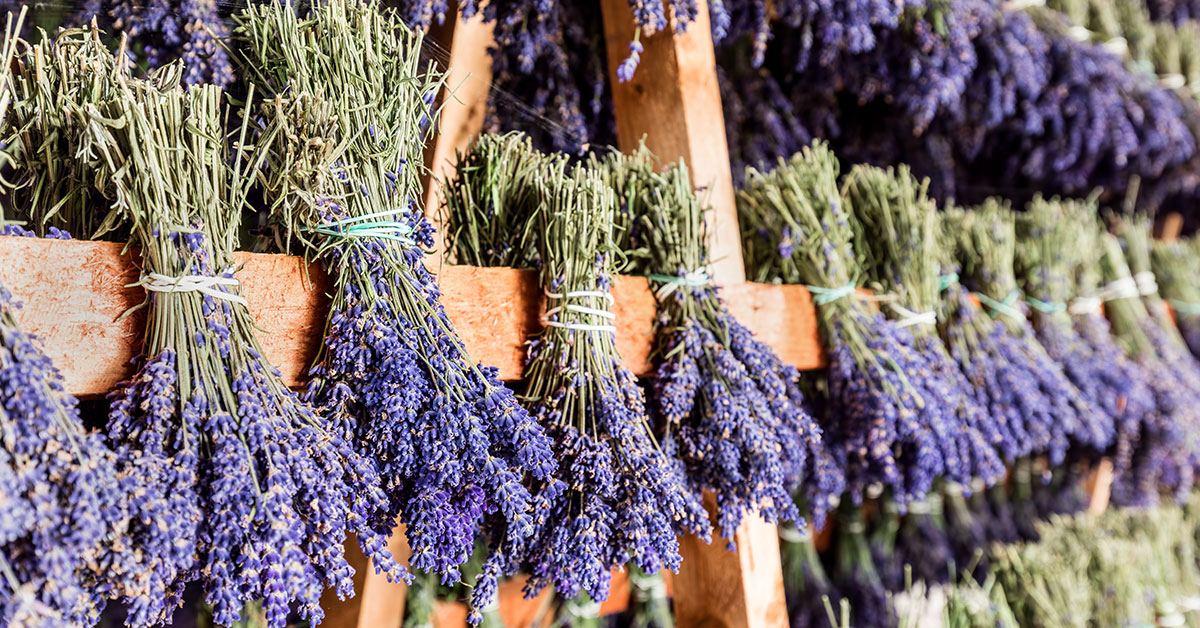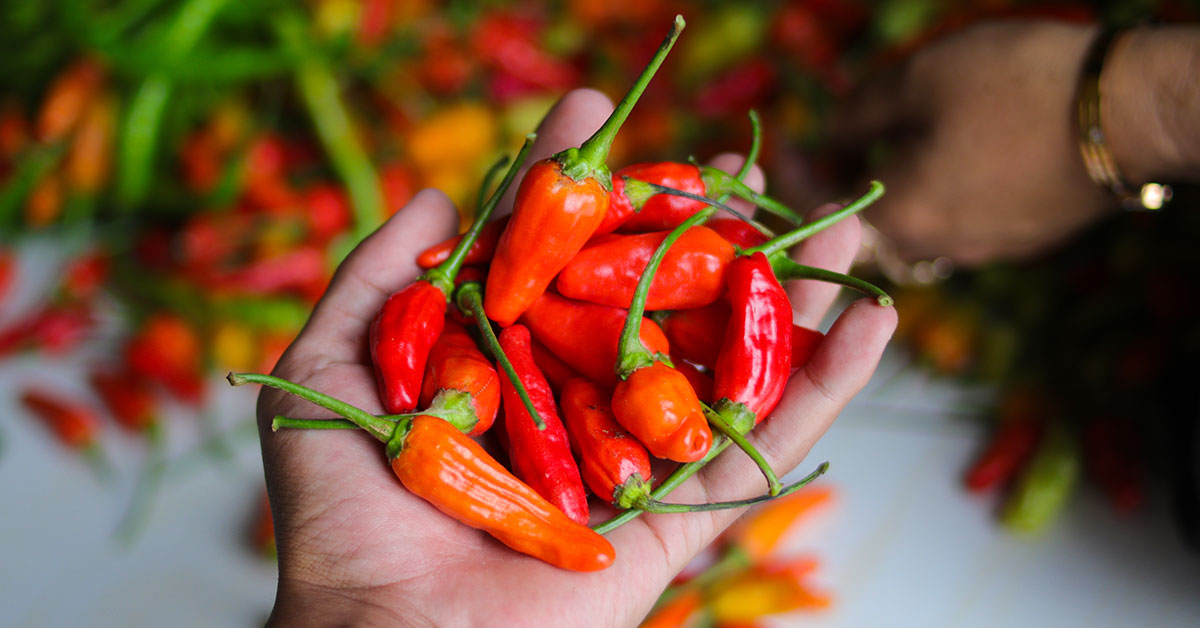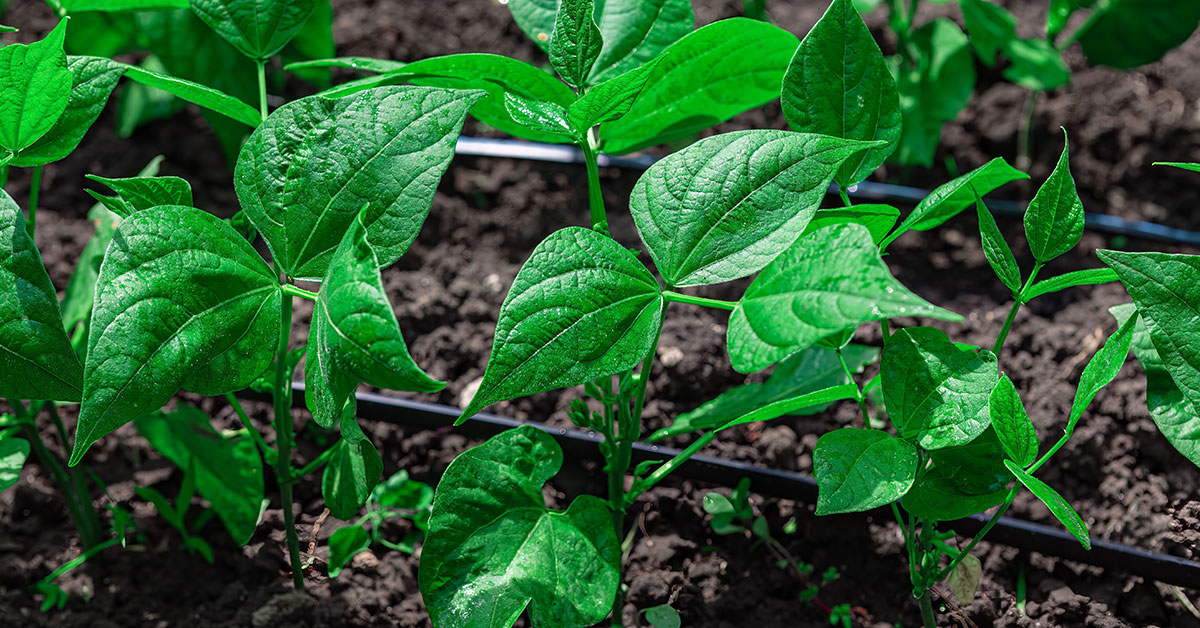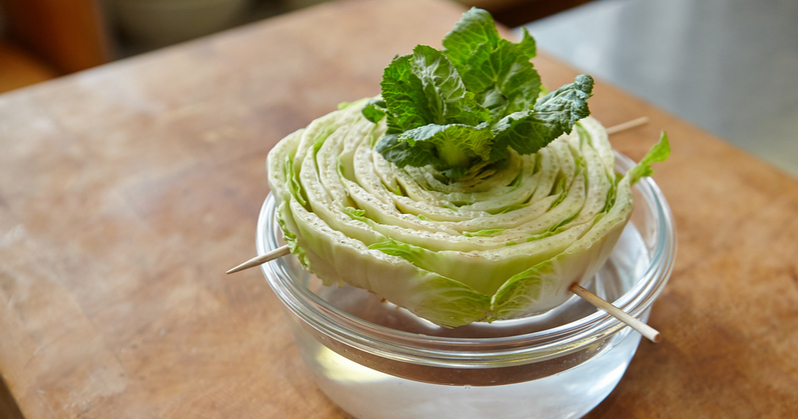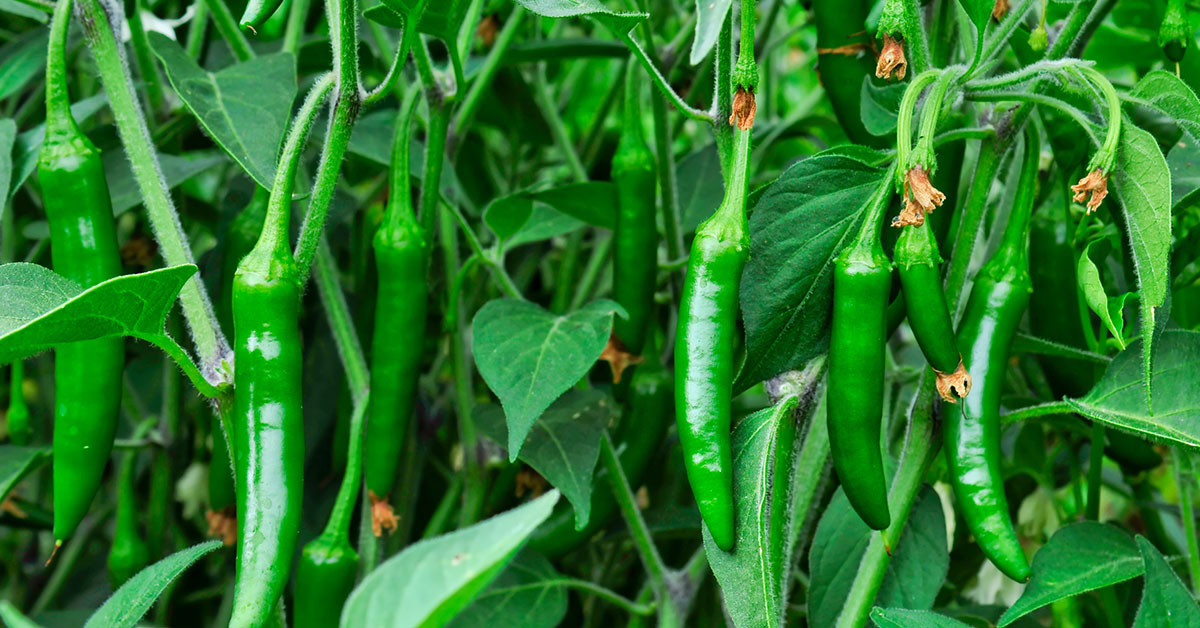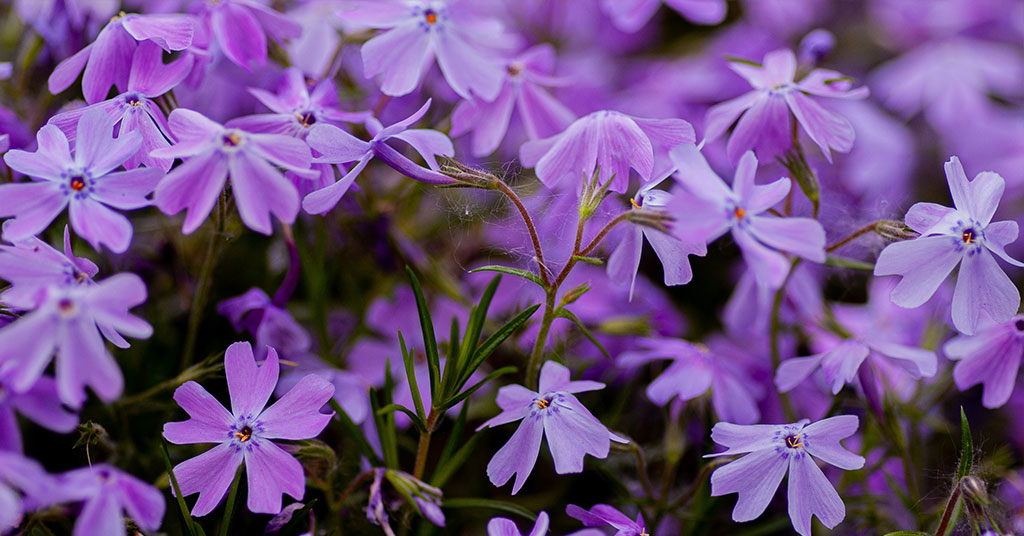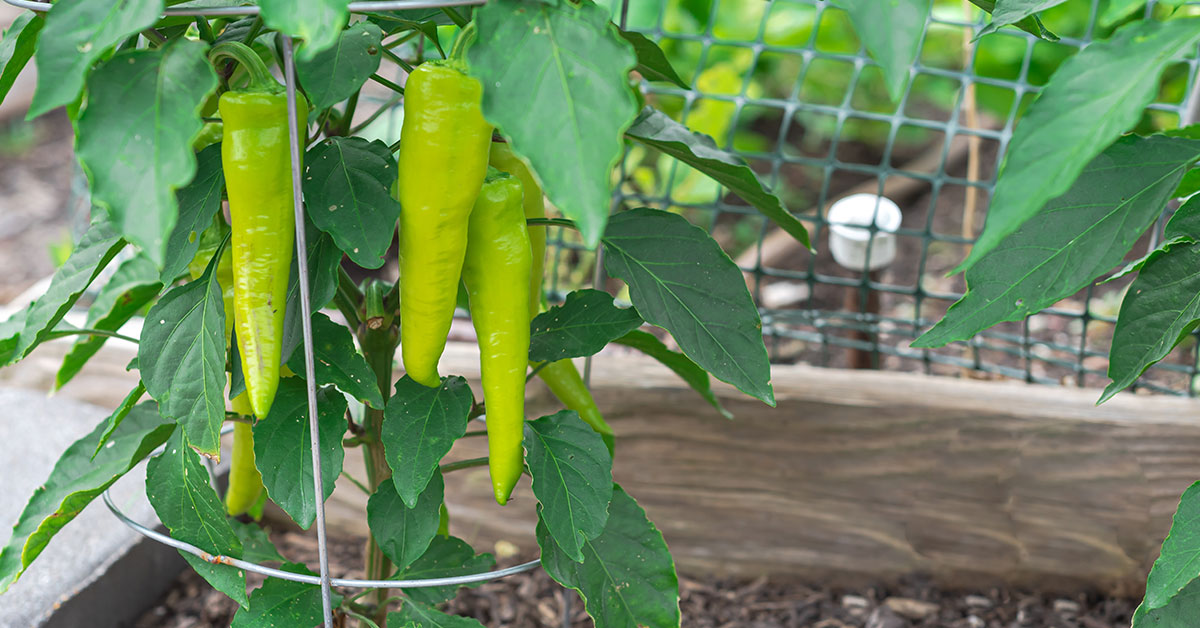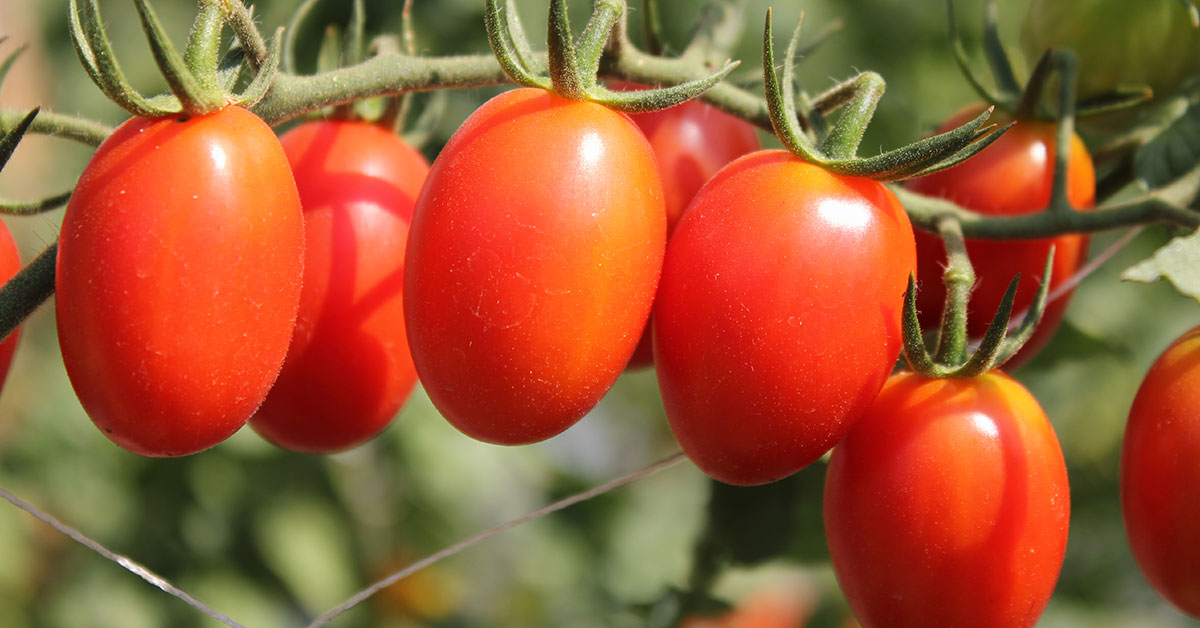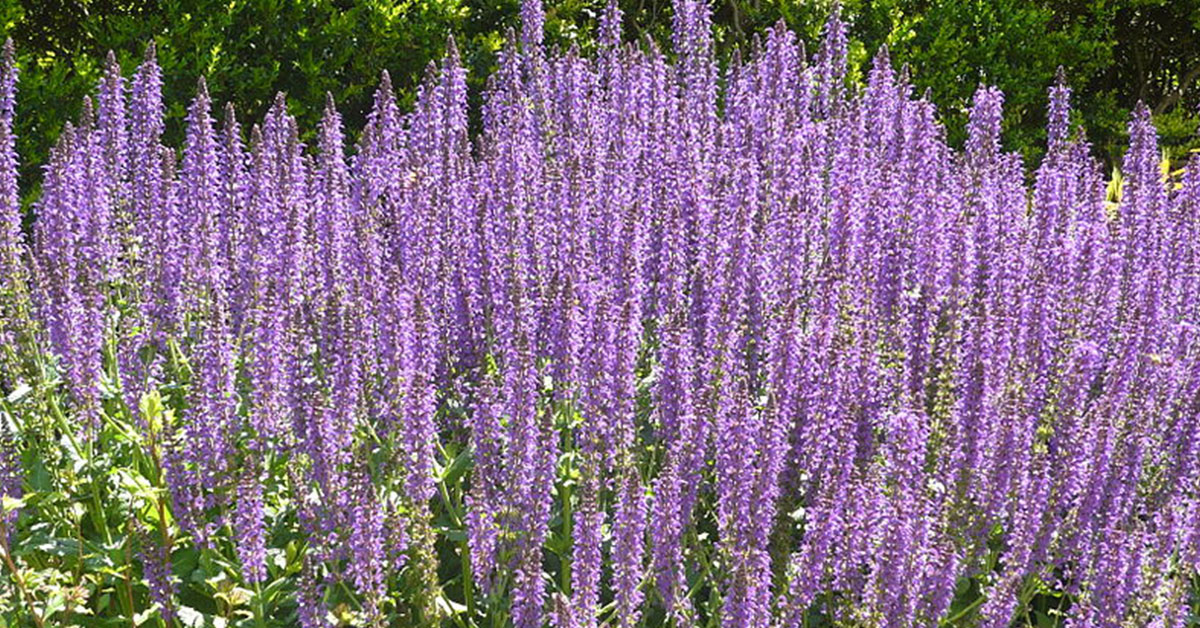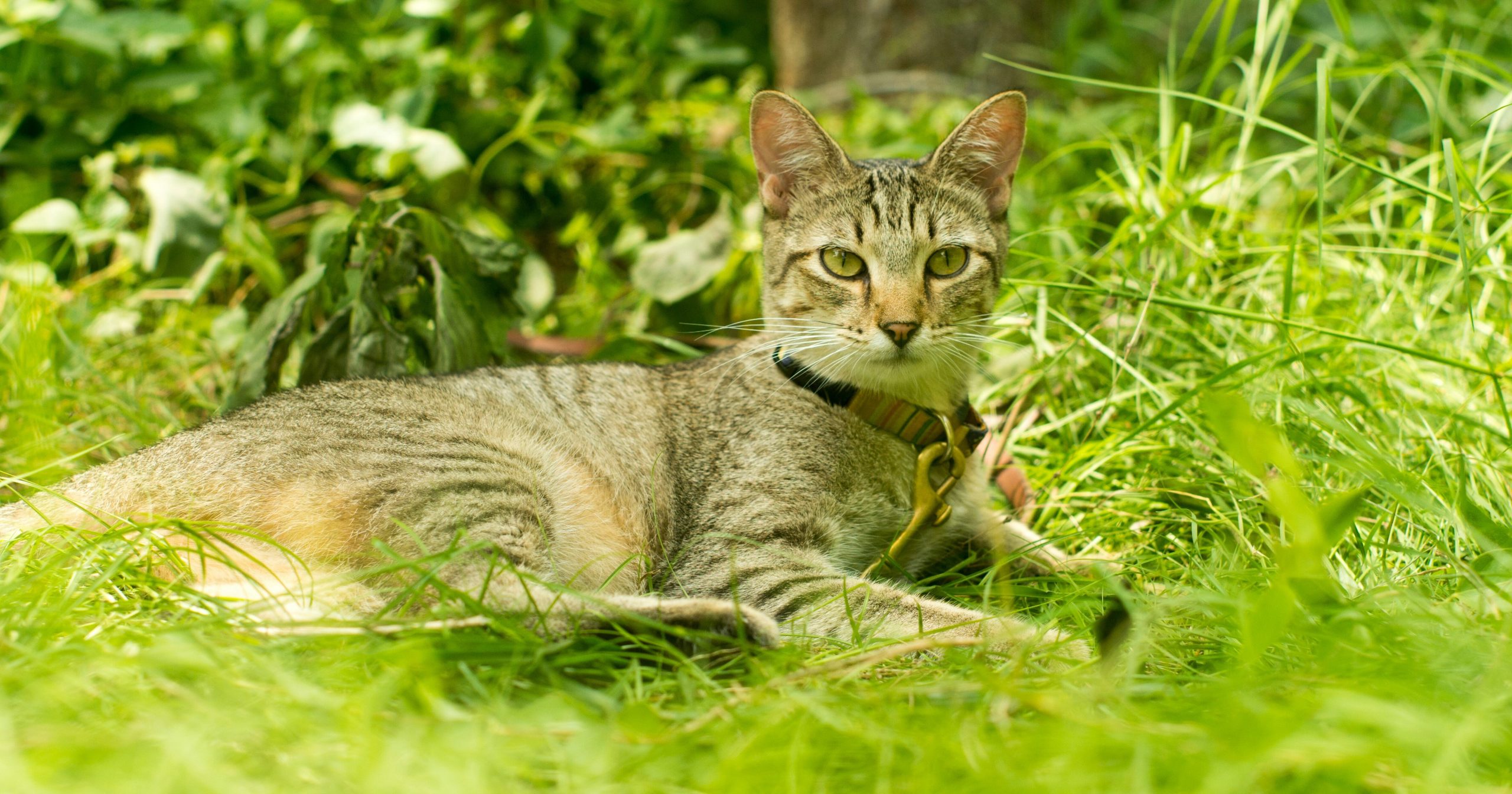In today’s fast-paced world, finding natural ways to relieve stress and promote relaxation can be incredibly beneficial. Growing medicinal plants in your garden not only adds beauty and diversity to your space but also provides you with fresh herbs and flowers that may help you unwind. Imagine stepping into your garden, picking fresh leaves or flowers, and creating your own soothing teas and remedies!
In this article, I’m thrilled to share ten medicinal plants you can grow at home that are known for their potential stress-relieving and relaxing properties. Backed by both traditional use and some scientific research, these plants can transform your garden into a sanctuary of calm. Let’s explore these wonderful plants and how you can nurture them in your garden for their healing qualities!
Lavender
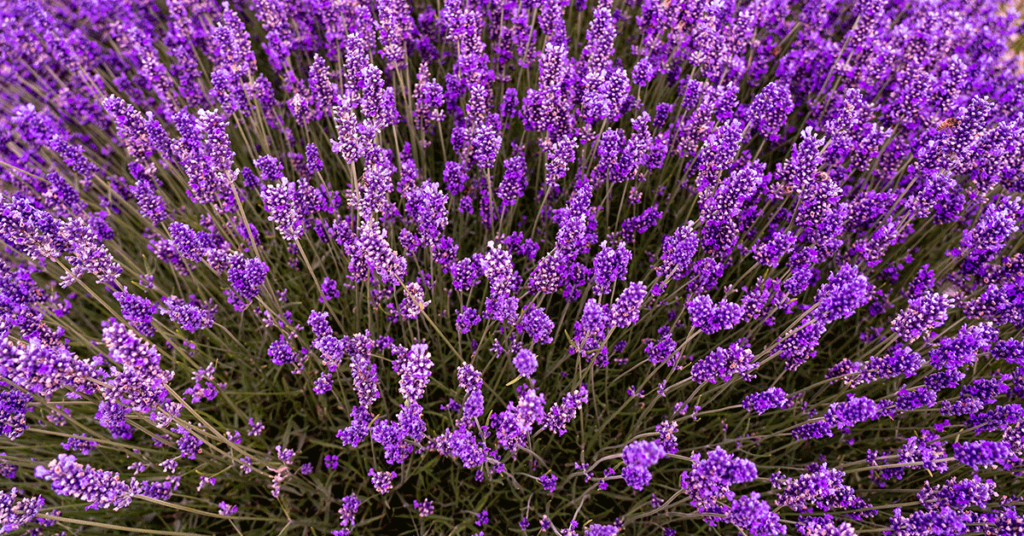
Lavender is one of my favorite plants for its soothing fragrance and beautiful purple blooms. This aromatic herb thrives in well-drained soil and full sun, making it perfect for garden borders or containers. Lavender is drought-tolerant and requires minimal maintenance once established.
Lavender is widely known for its calming and stress-relieving properties. The scent of lavender has been shown in studies to potentially reduce anxiety and improve sleep quality. Lavender oil, used in aromatherapy, may help alleviate headaches and promote relaxation. Growing lavender in your garden provides a fresh supply of this versatile herb for teas, sachets, and essential oils!
Chamomile
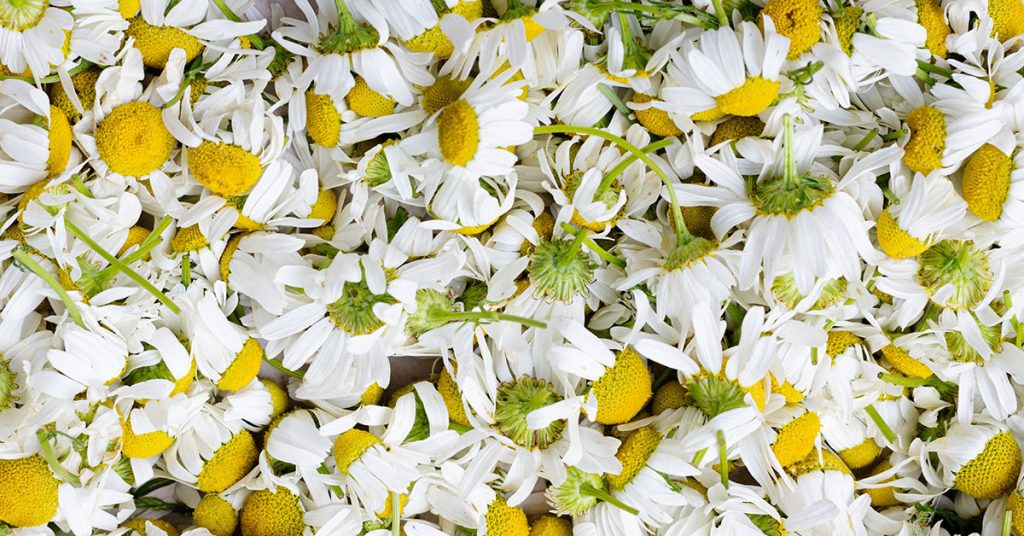
Chamomile is a charming and easy-to-grow annual that adds a touch of elegance to any garden. It prefers well-drained soil and full sun to partial shade. Chamomile self-seeds readily, so you’ll likely see it return year after year.
Chamomile tea is well-known for its calming effects and is often used to help with sleep and relaxation. Research indicates that chamomile contains compounds like apigenin, which may help reduce anxiety and promote relaxation. Chamomile can also help soothe digestive issues and reduce inflammation. Planting chamomile in your garden ensures you have a steady supply of this delightful and potentially beneficial herb!
Lemon Balm
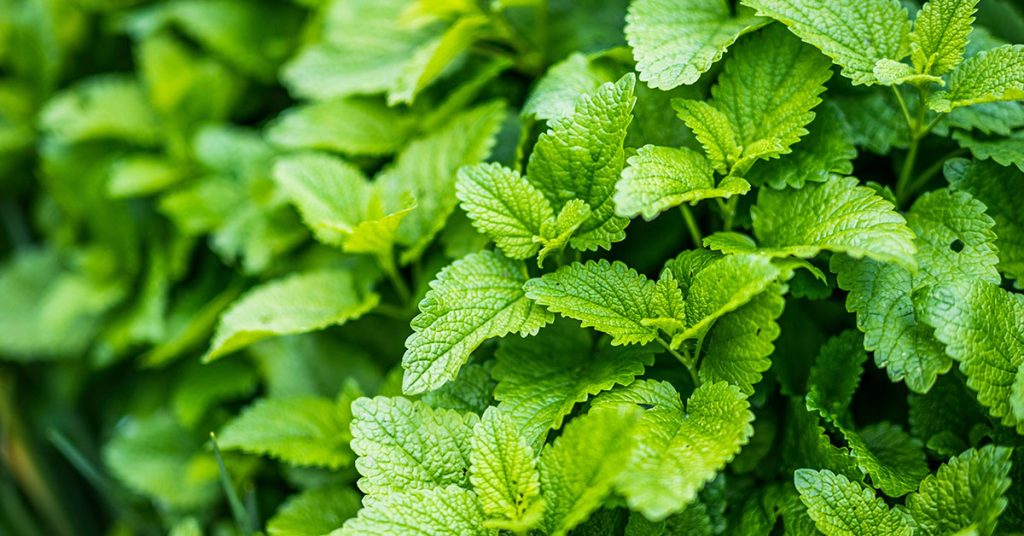
Lemon balm is a fragrant perennial herb that’s easy to grow and spread quickly. It prefers well-drained soil and full sun to partial shade. Lemon balm is drought-tolerant and requires minimal maintenance, making it a great addition to any garden.
Lemon balm is traditionally used for its potential calming and antiviral properties. It contains compounds like rosmarinic acid, which may help reduce anxiety and improve mood. Some studies suggest that lemon balm could help improve sleep quality and cognitive function. Growing lemon balm at home ensures you have a fresh, aromatic herb for teas and other remedies!
Valerian
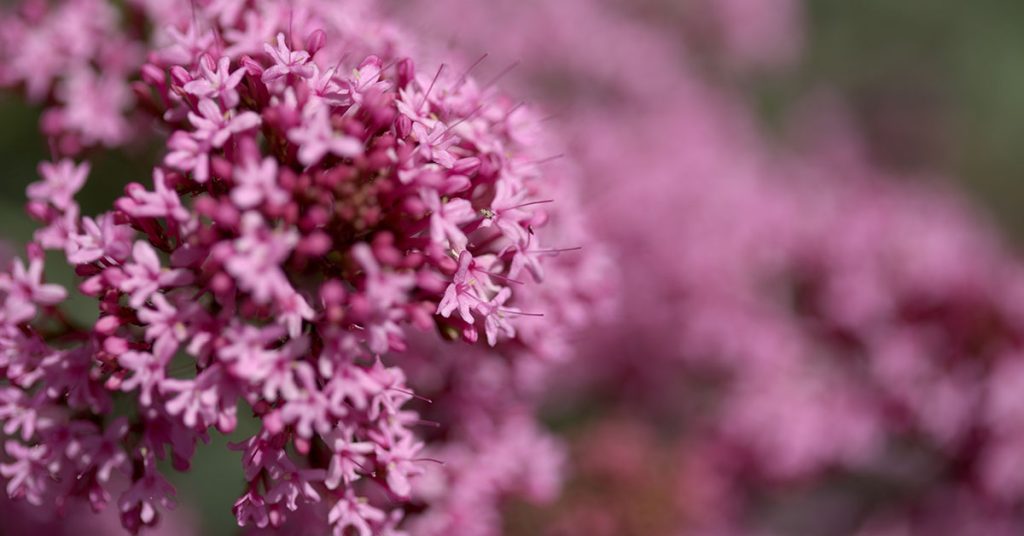
Valerian is a hardy perennial with sweetly scented flowers and feathery foliage. It grows best in well-drained soil and full sun to partial shade. Valerian is known for its potential calming effects and is a lovely addition to any garden.
Valerian root is traditionally used to promote relaxation and support sleep. Some studies suggest that it may help improve sleep quality and reduce anxiety. Valerian tea or tincture is a popular way to explore these potential benefits. Growing valerian at home provides a fresh supply for those seeking natural relaxation aids!
Passionflower
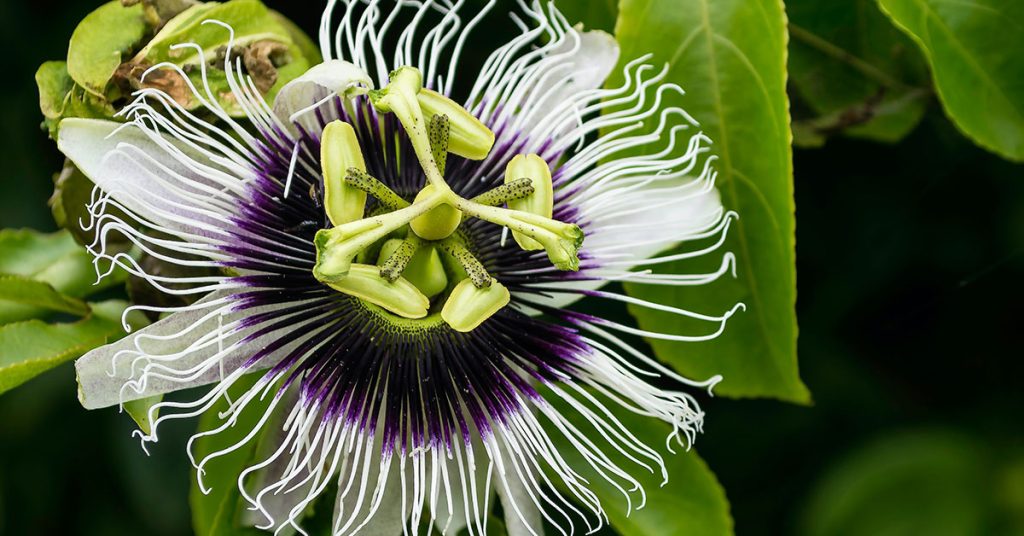
Passionflower is a stunning vine with intricate, exotic flowers. It grows best in well-drained soil and full sun to partial shade. This perennial can be a bit finicky, but its unique beauty and potential benefits make it worth the effort!
Passionflower is traditionally used to promote relaxation and support sleep. Some research indicates that it may help reduce anxiety and improve sleep quality. The flowers and leaves are often used in teas and tinctures to explore these potential benefits. Adding passionflower to your garden can provide a beautiful and therapeutic escape!
Holy Basil (Tulsi)
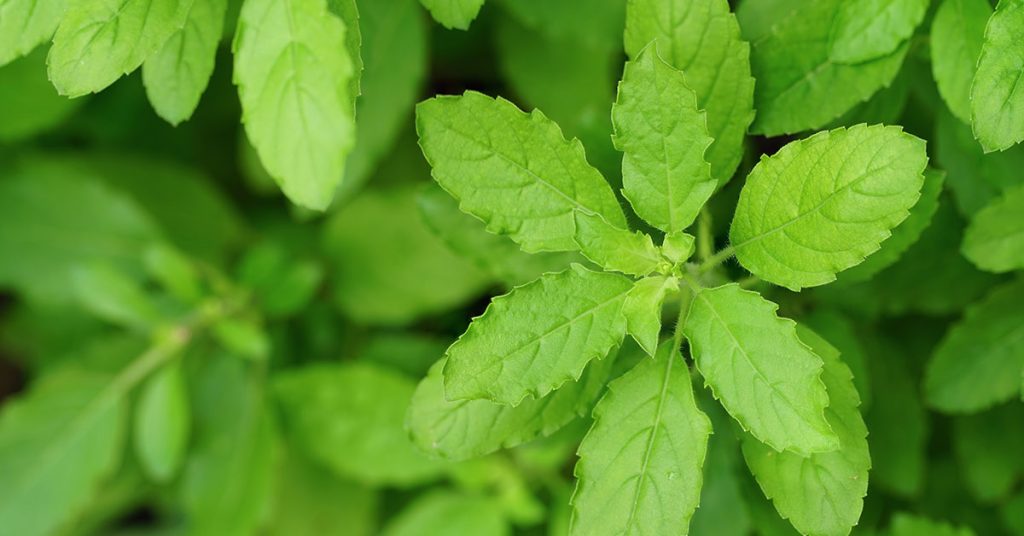
Holy basil, also known as tulsi, is a sacred plant in India and is revered for its medicinal properties. It thrives in well-drained soil and full sun to partial shade. Holy basil is relatively easy to grow and can be planted directly in the garden or in containers.
Holy basil is known for its potential adaptogenic properties, which may help the body adapt to stress and reduce anxiety. Some studies suggest that it could help lower cortisol levels and improve overall mental well-being. Growing holy basil in your garden provides you with a fresh supply of this revered herb for teas and other remedies!
Peppermint
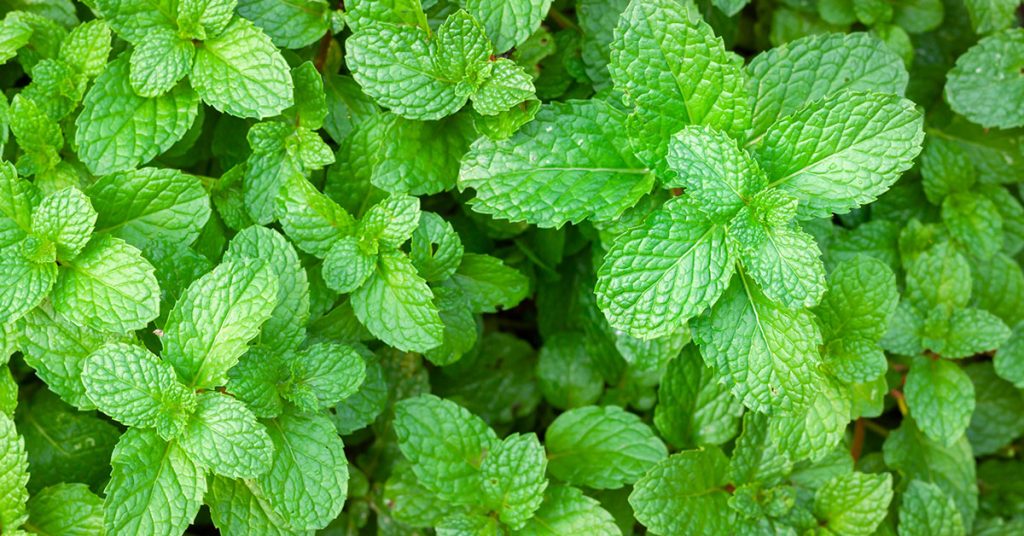
Peppermint is a hardy perennial that spreads quickly and is easy to grow. It thrives in well-drained soil and partial to full sun. Peppermint prefers moist conditions, so regular watering is essential. Due to its invasive nature, it’s best grown in containers to keep it contained.
Peppermint contains menthol, which may have calming and soothing effects. Peppermint tea is often used to help relieve tension headaches and digestive discomfort. Some studies suggest that the scent of peppermint could help reduce stress and improve mental clarity. Growing peppermint at home provides you with a fresh, aromatic herb for various natural remedies!
Rosemary
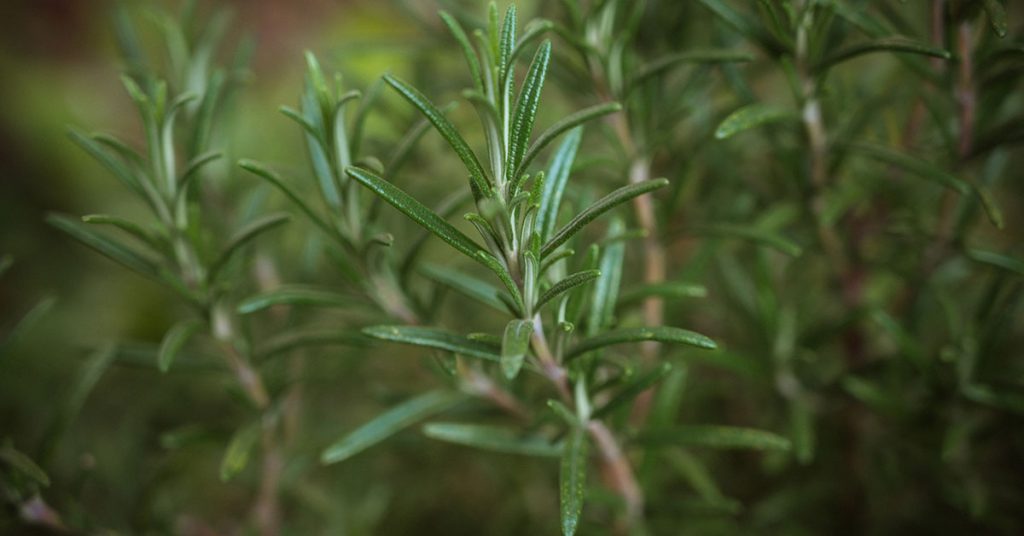
Rosemary is a fragrant and hardy perennial herb that’s easy to grow. It thrives in well-drained soil and full sun, producing needle-like leaves and small blue flowers. Rosemary is drought-tolerant and requires minimal watering once established, making it a low-maintenance choice for any garden.
This is traditionally used for its potential cognitive and stress-relieving benefits. Rosemary contains rosmarinic acid, which may help reduce anxiety and improve mood. Some studies suggest that rosemary oil could help enhance cognitive function and reduce stress. Planting rosemary in your garden provides a versatile herb that’s both beautiful and potentially beneficial for natural remedies!
Ashwagandha
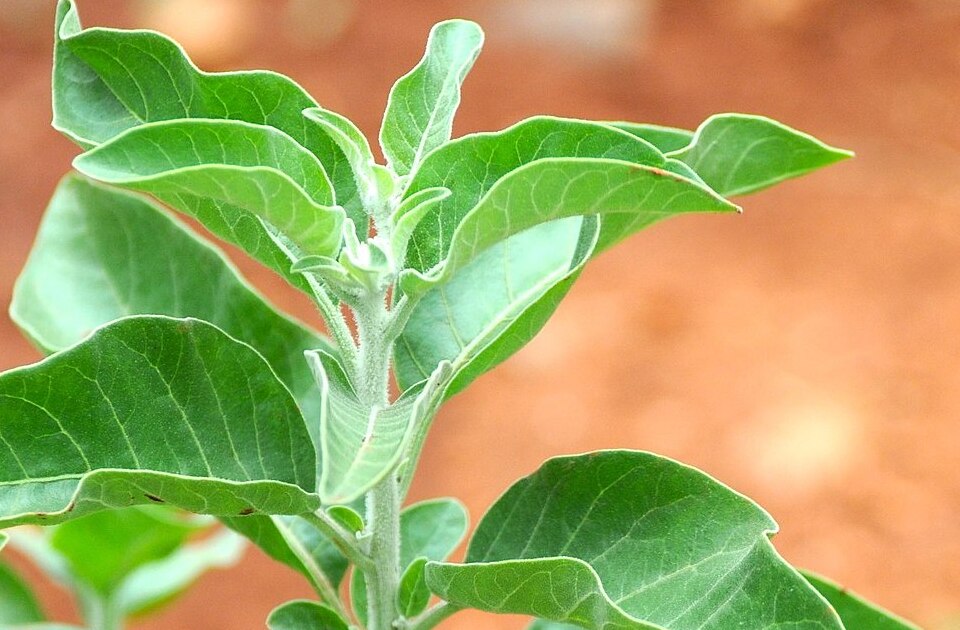
Ashwagandha is a hardy perennial that thrives in well-drained soil and full sun. This adaptogenic herb is relatively easy to grow and can be planted directly in the garden or in containers. Ashwagandha is known for its potential stress-relieving and immune-boosting properties.
Ashwagandha is traditionally used to support the body’s response to stress and anxiety. Some studies suggest that it may help lower cortisol levels and improve overall mental well-being. Growing ashwagandha in your garden provides you with a fresh supply of this powerful adaptogen for teas, tinctures, and other remedies!
Skullcap
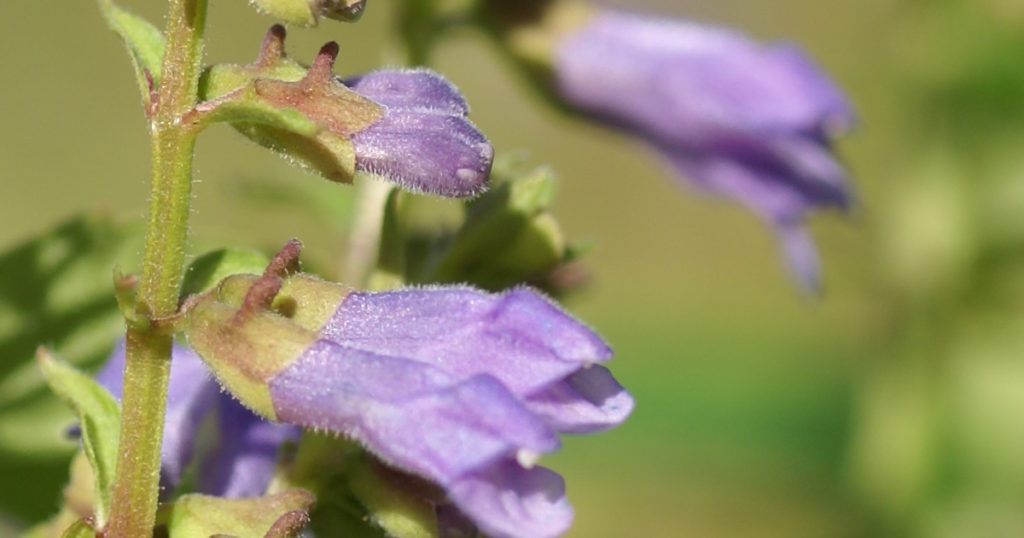
Skullcap is a hardy perennial herb that thrives in well-drained soil and full sun to partial shade. It produces small, blue flowers and is relatively easy to grow. Skullcap is known for its potential calming and relaxing properties.
Skullcap is traditionally used to support nervous system health and reduce anxiety. Some studies suggest that it may help improve mood and promote relaxation. Skullcap tea is often used to help relieve stress and tension. Growing skullcap in your garden provides a fresh supply of this calming herb for teas and tinctures.
